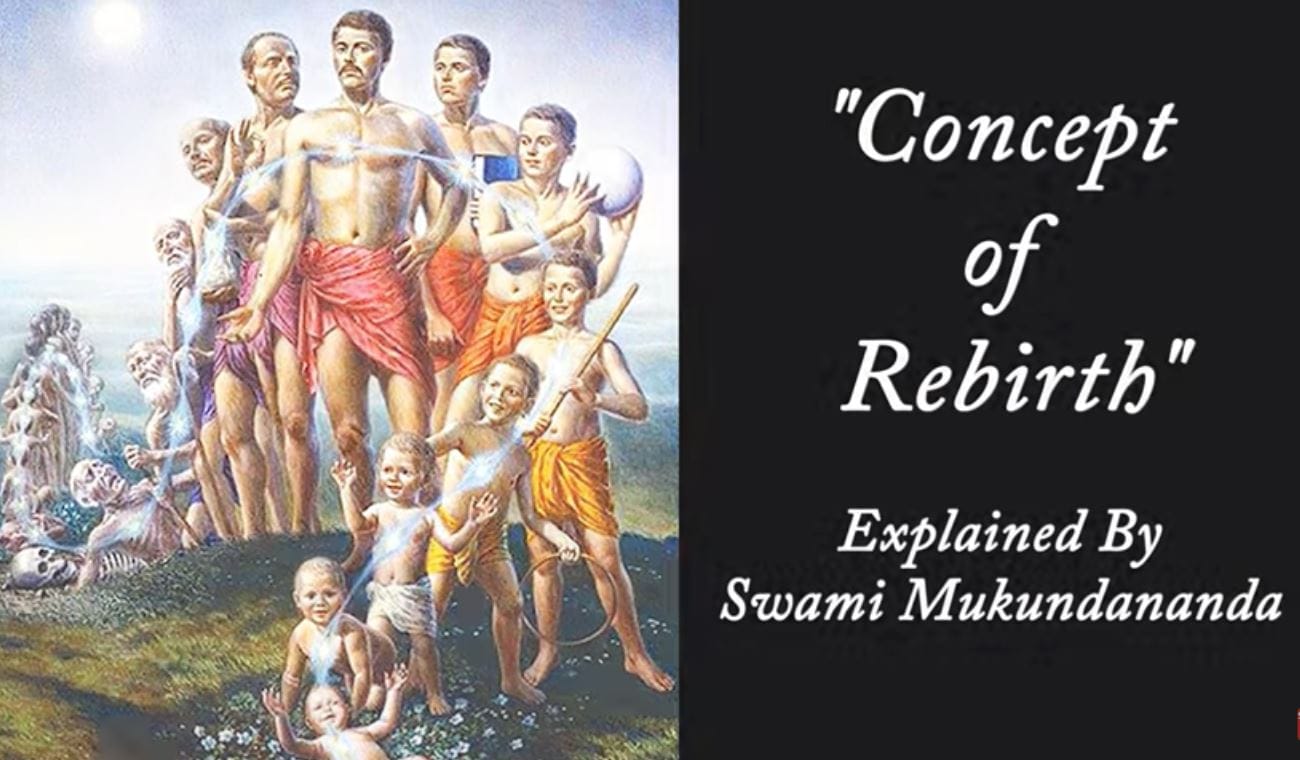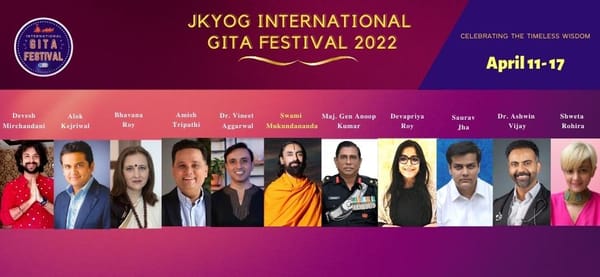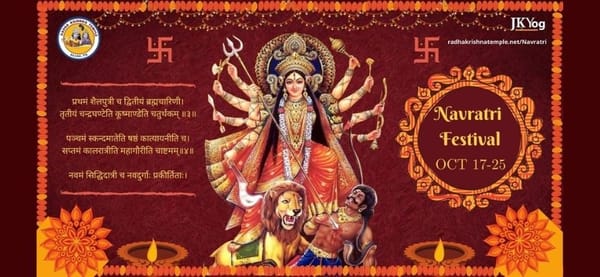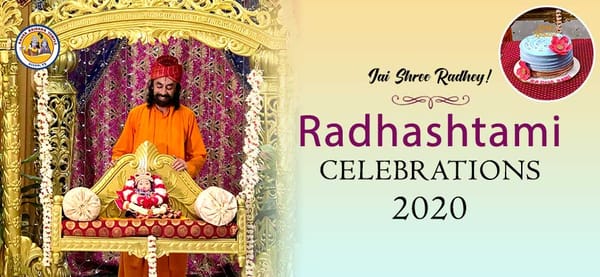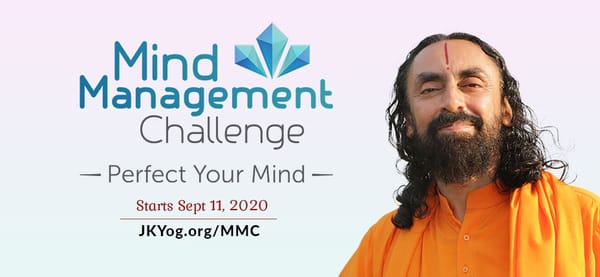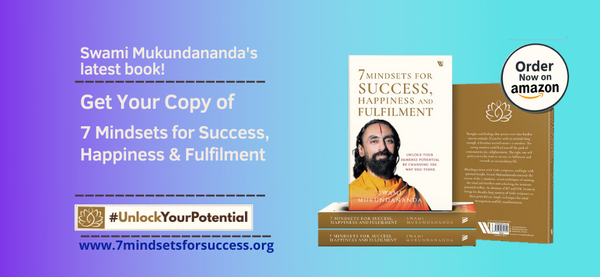For I have been here now a boy and a girl, a bush and a bird and a dumb fish in the sea
This famous quote by one of the Greek Philosopher Empedocles points out to one of the most debated things among the thinkers of the world. Everyone observes death; however, there are many different schools of thought on the phenomena of an afterlife. Some of us believe in reincarnation, some of us think this life as the only life we got. Even in Hinduism, we have philosophers like Charvaka, who say that this is the only life we got and thus, enjoy it to its fullest without caring for anything else. As always, we will have to look to our scriptures to seek the truth. Let’s first see what the Bhagavat Gita must tell about this.
Sri Krishna says to Arjun at the very start of Bhagavat Gita,
vāsānsi jīrṇāni yathā vihāya, navāni gṛihṇāti naro ’parāṇi
tathā śharīrāṇi vihāya jīrṇānya, nyāni sanyāti navāni dehī (Chapter 2, Verse 22)
This translates into:
As a person sheds worn-out garments and wears new ones, likewise, at the time of death, the soul casts off its worn-out body and enters a new one.
By stating this very simple example, he goes on to say that
avyakto ’yam achintyo ’yam avikāryo ’yam uchyate
tasmādevaṁ viditvainaṁ nānuśhochitum arhasi (Chapter 2, Verse 25)
This translates into:
The soul is spoken of as invisible, inconceivable, and unchangeable. Knowing this, you should not grieve for the body.
And in some verse, after he again emphasizes that
dehī nityam avadhyo ’yaṁ dehe sarvasya bhārata
tasmāt sarvāṇi bhūtāni na tvaṁ śhochitum arhasi (Chapter 2, Verse 30)
This translates into:
O Arjun, the soul that dwells within the body is immortal; therefore, you should not mourn for anyone.
Thus, Bhagavat Gita emphasizes two things – 1) We are the soul and not this body, 2) We are immortal and on the death of this body, we get a new body. Just like we change our old clothes to new ones. We could argue that if that is the case, why we don’t remember anything of our past lives. Sages tell us that the process of life and death is so painful, that we forget any memories, just like someone loses his memory after some major accidents. Also, our scriptures tell us that a newly born child does remember a few instances of past lives. However, slowly as he grows up, he forgets those things gradually. Reincarnation also explains the intrinsic fear of everyone for death. It is argued that we fear death because we have experienced the pain of it innumerable times in the past. It also explains someone’s sudden and unexplainable fears, likes and dislikes of things like fire, darkness, etc.
In the following video, Swamiji beautifully explains the cycle of birth and rebirth through various examples. Apart from this, you could also check out his other video titled - Is Reincarnation A Fact | Q&A with Swami Mukundananda.
Video Transcript - Cycle of Birth & Death |Reincarnation|Liberation from this Cycle
One of the most important decisions related to belief, that we make in our life, is whether to believe in the concept of rebirth or not to believe it. This becomes a game changer in regard to values. For example, if there is no next life, then this life is all there is, we are created upon birth and we cease to exist upon death. In that case there are not deep consequences of our actions. This leads to a materialistic viewpoint. Eat drink and be merry. The indian materialistic philosopher charvak stated yavat jivet sukham jivet, runam krutya ghrutam pibeyat, bhasmi butasya dehasya punaragamanam kutaha. this life is only four days, whatever gives you happiness, do it. If you get happiness from ghee, clarified butter beg, borrow or steal but drink that butter. Don't worry about the hereafter, the nyay darshan says asti parloka eetyavam dhridharmtir yasya sa aastika. This one point differentiates the believer from the non-believer. The believer is who, the astik is who, one who believes there is an afterlife. Because that person's value system will be different. He will feel whatever i do have consequences. Let me ensure my actions are pure. On the other hand, one who says there is no hereafter, will say you can get away with whatever you do. So, what is the basis of belief in rebirth? Can it be scientifically established? Astonishingly, the bhagavad-gita gives us the most powerful logic for the establishment of rebirth. Shri krishna's says dehino 'smin yatha dehe, kaumaram yauvanam jara, tatha dehantara-praptir, dhiras tatra na muhyati. He says arjun, your body is continuously changing in this life itself. From birth, to childhood to youth, to old age. Take a look at your family album. There's a two-year baby you say that is me, then there is a ten-year-old you say that is me, there is a young adult getting married that is me, there is a middle-aged person that is also me. Now which is you amongst all these? If you were the body, you have changed so many times. The soul has changed so many bodies in one lifetime itself. Scientists estimate that within seven years, all the cells in the body, they die out, new cells get generated in their place. Which means that within seven years we've got a completely new body. Shri krishna says in the same way at the time of death as well, just as it did during life, the soul changes bodies. The enlightened soul is not bewildered by such a change. Again, the bhagavad-gita says vasamsi jirnani yatha vihaya navani grhnati naro 'parani tatha sarirani vihaya jirnany anyani samyati navani dehi. In the morning, we get up, we take off our old clothes, and after bath we put on a new set of clothes. We don't change, we change our clothes. Similarly, what we call the phenomenon of death, is not the end of the existence of the soul. It is the souls changing its clothes, which is, the body. This also explains why there is so much of a difference between different children right from the point of birth. There have been child prodigies like mozart was a genius, creating music at the age of four. How did this come about? The phenomenon of rebirth explains, it was his activities in the past life, which impelled him to possess that musical propensity, in this life. Similarly, the concept of rebirth also explains, why some are more unfortunate than the others right from birth. If a child is born blind, and that child asks, what did i do to be born blind? What will you answer that child, if you say it was the will of god, that will not be believed because god is kind, compassionate, he is the loving father? Why will he want anybody to be born blind? The only logical answer to this is, that it is due two actions in the past life. Without accepting the concept of past life, all creation then becomes illogical. The moment we bring this concept into our framework of knowledge, there becomes a logic, and a purpose behind all creation. Which is the gradual evolution of the soul, towards the ultimate perfection of god realization. The nyay darshan gives another proof of the existence of god. It says stanyavhilasaat, a little baby how can it come to know how to suck milk from the mother’s breasts? The baby is too small to understand lectures and tutorials. How can the mother explain to him, my child when i put my breasts in your mouth this is how you are to drink? The nyay darshan says, the child has drunk the mother's milk in enumerable lifetimes in the past, even in the animal species. And that is why when the mother puts her breasts in the child's mouth, the child having those recollections of the past, immediately starts drinking. There is another piece of evidence proposed by the nyay darshan for the existence of rebirth. It states – jaatasya harsh shok bhaya sampratipataha. Take a look at a little baby, without reason that maybe sometimes becomes fearful, sometimes becomes joyous, sometimes becomes morose and miserable. Why the fluctuation of moods in a little baby? The nyay darshan is saying, it is remembering things from its past life. How does that work? You see the process of death is such, that a whole lot of impressions in our memory bank are wiped out by the pain of death. And then the pain of rebirth, is even more than the pain of death for the baby. A whole lot of more impressions are wiped out, and yet a few residual memories do remain with that little baby. They are causing the baby to become joyous, miserable, fearful. But then as the baby tends to grow up the impressions of this life fall so strongly upon the child, that they erase the impressions of the past life completely. Beta, my child, i am your mother, yes mommy, i am your father, yes baba. Now the new impressions are falling strongly. Nevertheless, many times children have the experience of deja vu. What is déjà vu? Ohh, i have seen this before. This concept of deja vu is widely accepted. That what is going on? The memories are there in the subconscious, they are coming out, a person is unable to perceive why situation is seeming familiar. When i was growing up, when i was an eight-year-old, there was a little girl in our neighborhood, she was about five years. And her mother was a friend of my mother. Her mother would tell my mother, that my child sits and reads the namaz. Born in the hindu household, at the age of five, without any exposure to Mohammaden customs, she sits in vajraasan and placing her hands like this, reads namaz. She would say, i do not encourage her, i don't wish her to remember too much. One year later i asked my mother and she said her friend has told her that the daughter has now forgotten. There have been innumerable instances, of people remembering their past lives, all around the world, in all cultures. Now these are all exceptions to the rule. The rule is that we forget, but as an exception, a few people remember. Thereby giving us yet another reason to believe that world and life are not irrational and illogical. Whatever we do, stays with us. We have the opportunity to build our destiny and grow to the highest perfection. From lifetime to lifetime. And that is why we should be optimistic, we should be cheerful, keeping our faith, in this concept of rebirth.


